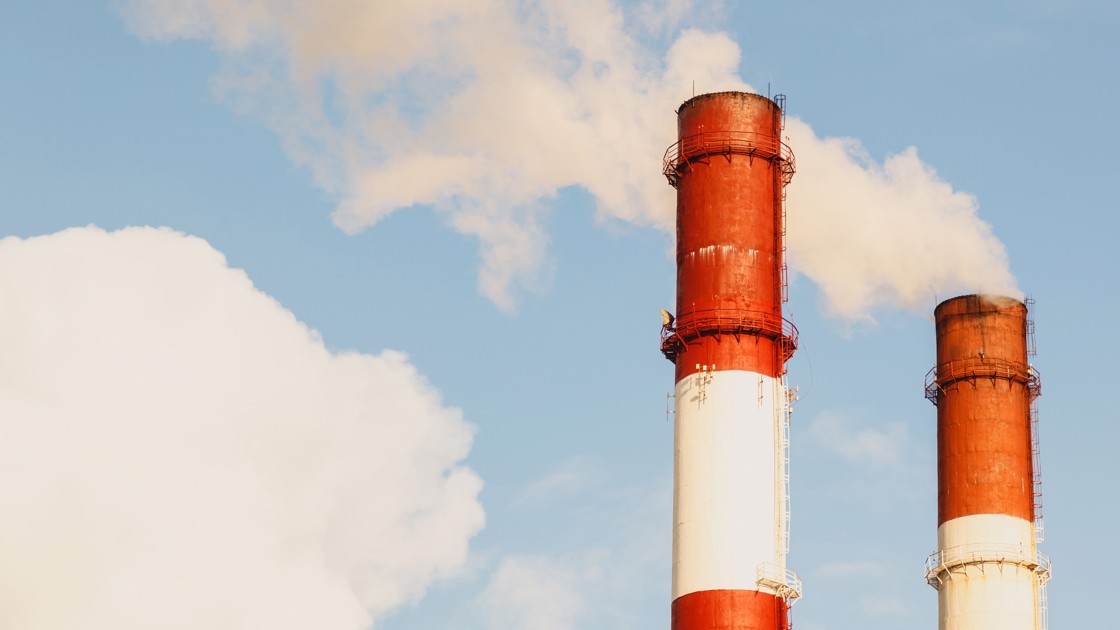There is no silver bullet to fully decarbonise Europe’s EIIs. We need all stakeholders to come together: national and European policy makers, companies and trade unions, to assess the impact of the transition on the industry, and its workers, and to ensure a Just Transition.
Yesterday, a high level workshop brought together trade unions, industry representatives, climate experts and the European Commission, to discuss the challenges and opportunities in decarbonising Energy Intensive Industries (EIIs) in Europe. Representatives from the steel, non-ferrous metals, glass, paper and chemicals industries came together to share their experiences and identify joint demands to support a worker‐led Just Transition of the EIIs eco‐system.
IndustriAll Europe organised the workshop as part of an ongoing EU funded project which aims to increase the trade union voice in the transition towards decarbonisation and provide practical tools for workers’ representatives to increase their capacity in fully engaging in the debate. Trade unions present welcomed the comments from the key‐note speaker Kerstin Jorna, Director General of DG GROW (European Commission), who emphasised the need for strong social dialogue between employers and workers’ representatives and in extra support for certain sectors and regions who faced the greatest challenges, and called for government, employers and workers to co-create transition pathways for industrial decarbonisation.
Judith Kirton‐Darling, Deputy General Secretary for industriAll Europe, said:
“It was very positive to hear the European Commission emphasise the need for full coordination and worker involvement in the green transition of European industries. IndustriAll Europe continues to insist that social dialogue, anticipation of change, retraining/upskilling and ensuring a Just Transition are essential elements in transforming European EIIs. With the adoption of European Climate Law and the release of the updated EU Industrial Policy, the time is right for policy makers, employers and trade unions to sit down and discuss and agree concretely on how to decarbonise European industries while remaining competitive and safeguarding jobs.’’
The workshop also heard from industry experts representing the steel (Eurofer) and chemicals (Cefic) industries, as well as Agora Energiewende, a European think tank specialising in climate protection. Challenges and opportunities from accessing raw materials and the availability of green energy, investment in breakthrough technologies and ensuring the global competitiveness of European industry were discussed.
The experiences and demands of trade unions were presented by industry energi (Norway), FIOM CGIL Nazionle (Italy) and IG BCE (Germany), who stressed the need to involve trade unions and local works councils to ensure that workers are fully engaged in the decarbonisation process. Participants agreed that there is a real need to fully assess the impact of the transition of the workforce in each sector which includes identifying future skills requirements.
The message from the workshop was clear, there is no silver bullet to fully decarbonise Europe’s EIIs. We need all stakeholders to come together: national and European policy makers, companies and trade unions, to assess the impact of the transition on the industry, and its workers, and to ensure a Just Transition. Decarbonisation of European EIIs is possible, but there must be a completed policy jigsaw which covers all gaps. Workers must be at the centre of this discussion, and we cannot let anyone fall through the cracks. In concluding the workshop, it was reiterated that industriAll Europe will continue to insist on a Just Transition which does not leave any worker or region behind.
Contact: Andrea Husen-Bradley (press and communication), Corinna Zierold (senior policy adviser)
This project is funded by the European Commission (DG Employment Budget line VP/2019/002 Information and training measures for workers' organisations, Project reference VP/2019/002/0047)
